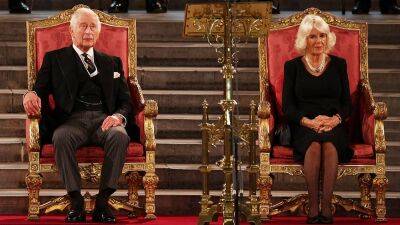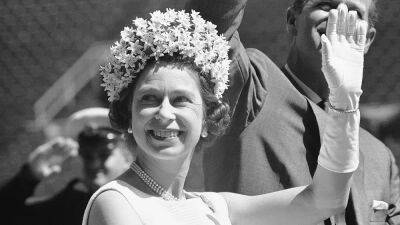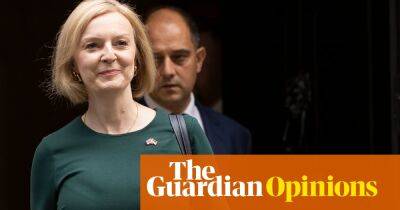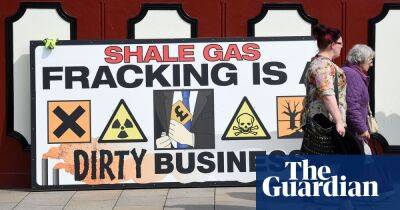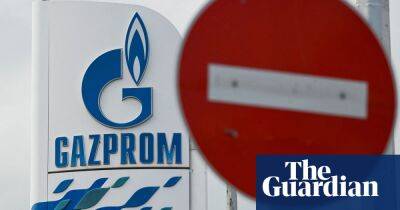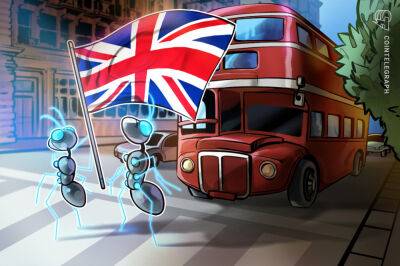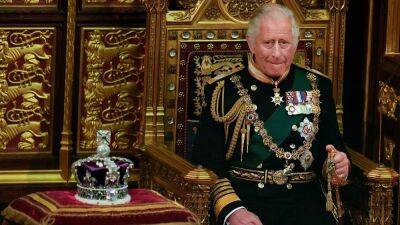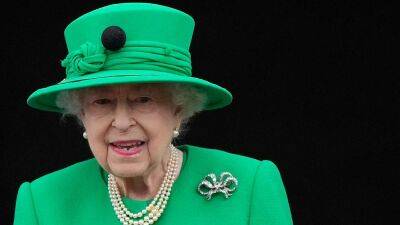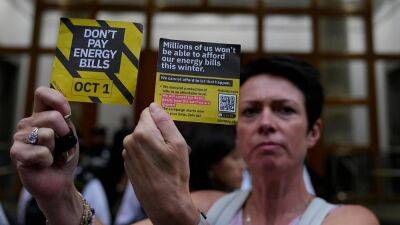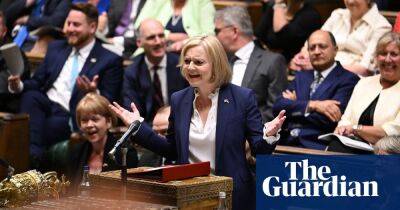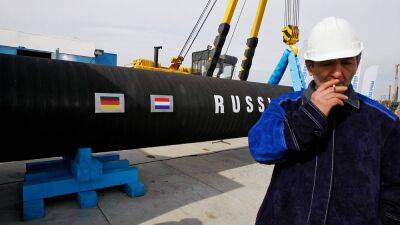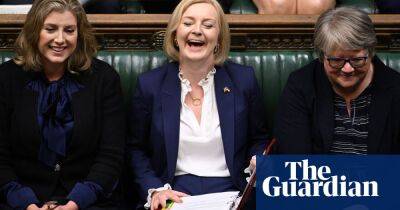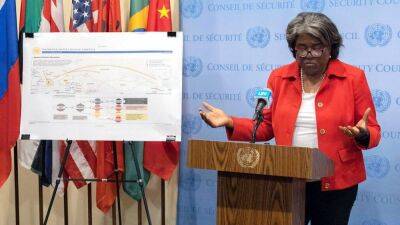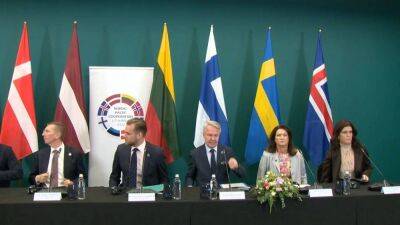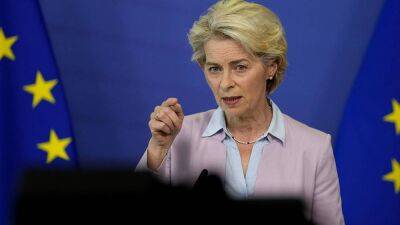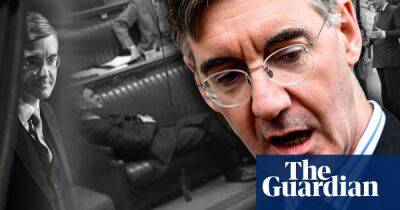The Guardian view on the Tory leadership race: putting party before country
According to an Ipsos poll published this week, just over half the country now wants an early election to take place this year and only one in five people oppose the idea. That snapshot of public opinion represents the most telling verdict on the Tory leadership race, in which polls closed on Friday. This private affair, appearing at times to take place in a parallel reality, has served the nation badly at a time of acute crisis.
Once again, the choice of Britain’s next prime minister has been devolved to Conservative party loyalists willing to stump up a membership fee. This tiny selectorate of around 160,000 people is known to be mostly wealthy, older, white, propertied and male. But the Tory party has refused to disclose detailed demographic information to the media, on the grounds that the leadership election is a “private matter for members” and the Conservative party “is not a public body and … does not carry out public functions”.
That either Rishi Sunak or, much more probably, Liz Truss, will become prime minister on Monday suggests otherwise. The democratic deficit at the heart of this process, and the mere observer status accorded to the general public, will undercut the authority of Ms Truss or Mr Sunak from the outset.
The 55-day contest, conducted within the ideological parameters of the Tory right, has also been a drawn-out, damaging distraction. As the two contenders – knowing their audience – spent the summer trashing solar farms and outbidding each other over sending refugees to Rwanda, Britain’s European neighbours acted to protect citizens from the impact of the energy crisis. France has limited wholesale energy price rises to 4% for a year. Spain has imposed huge windfall taxes on energy firms and capped
Read more on theguardian.com
